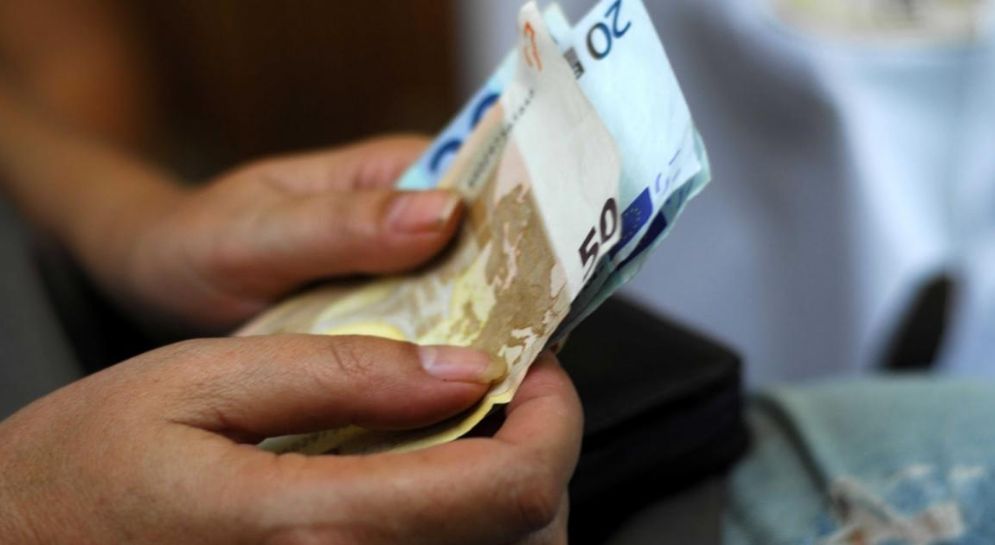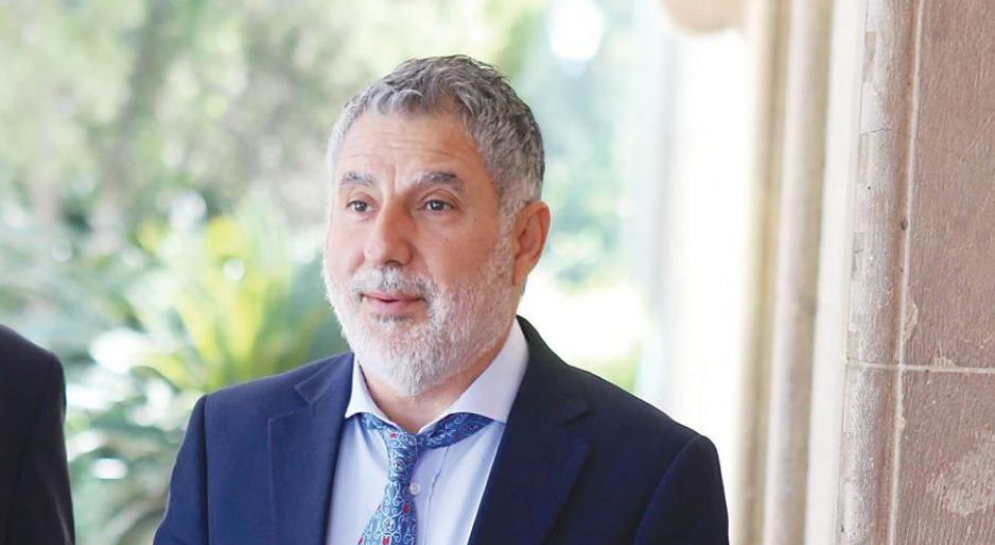
Revelations of the World Bank’s report on education in Cyprus
Statement by Christos Chrystofides, Head of the Education Department of the C.C. of AKEL
AKEL C.C. Press Office, 23rd April 2014, Nicosia
Despite the Ministry of Education and the Government’s insistence on keeping the World Bank Reports on education in Cyprus as a closely guarded secret, the Education Department of the C.C. of AKEL has had these two Reports in its possession and has studied them in detail. Studying the Reports we fully understand why the Government saw fit to hide these Reports. It is clear that the government and ruling forces are trying to mislead and reassure us all about the plans they are elaborating together with the World Bank so as to be able to impose all that they have decided together long ago.
AKEL has warned many times about the dangers of these machinations. We called on the Ministry of Education repeatedly to forge a common front with the political parties, educational organizations and other agencies in order to be able to confront neoliberal policies that have been imposed in many other cases and which are destructive to the educational system. We called for a dialogue when the drafts and Reports were still being formulated and our call was rejected. Regretfully, the Ministry of Education was on the opposing side together with the World Bank and the International Monetary Fund.
1. The Ministry of Education has been misleading us officially for some months, even the Education Committee of the House of Representatives too, stating that there will be only one Report on the structure of the Ministry. In the end, there is a Report about the structure of the Ministry of Education, but there is also a second Report entitled “Teacher Policies in the Republic of Cyprus”. This second Report concerns teachers exclusively, their employment conditions and hence the educational system, whilst the Ministry of Education, again after AKEL made revelations, has admitted that it agreed to a third Report as well on the entire course of the education reform.
2. For many months now the Ministry of Education is officially mocking us that these reports are simply some views of a few experts and do not have any particular or obligatory meaning. However the Anastasiades government made other commitments in the updated Memorandum. As the updated Memorandum itself stresses: “The first batch is undertaken by the World Bank and the UK public administration and covers the Ministries of Agriculture, Education and Health, as well as local government and the Department of Registrar of Companies. The results of the first batch will be presented by Q1-2014. Based on the findings of this review, the Cypriot authorities will agree on a reform plan after consultation with programme partners, which will be approved by the Council of Ministers by Q2-2014. The relevant legislation in relation with the reforms indicated as high priority will be adopted by the House of Representatives by Q3-2014. The reform will start to be implemented by Q4-2014, in accordance with the reform plan”.
There is therefore a commitment to a strategic planning for the implementation of measures that will be based on the findings of the reports and in cooperation with the Troika, indeed with a specific timetable that has already been decided by the end of the year!
3. Whilst the Ministry of Education has been derisive us all through this period that the views of the Ministry of Education are one thing and the views of the World Bank are another, in the Report it is clearly recorded that “This report presents results of a review of teacher policies in Cyprus conducted by the World Bank in close collaboration with the Ministry of Education and Culture”.
Consequently, what is included in the Reports is the result of the close cooperation between the World Bank and the Ministry of Education and Culture.
So, what is included in these Reports?
The report regarding teachers includes positions-proposals that will shake the entire education system to its roots:
1. A very dangerous position is proposed, that is to say that teachers are now to be paid according to the results of their assessment and the evaluation of teachers contains the results of school students and another vague way of evaluation. This will open in our view the door to favouritism, “jobs for the boys” and subjectivity even concerning teacher’s salaries. This would widen inequalities in education. This new procedure will also apply for promotions.
2. The proposal tabled by former Education Minister Kenevezos of the Anastasiades government for the new system of hiring/recruitment is fully adopted; a proposal that was the subject of fierce confrontations and until recently no one supported it except the government, not even the parties supporting the government.
3. The Report proposes the total redefinition of working, teaching and non-teaching time of teachers, opening the door to further layoffs/dismissals and cuts in the number of teachers, with all that this would mean for the quality of education.
4. The linking of the salaries of school directors with their “performance” is proposed, paving the way for favouritism and cronyism.
5. The increase in the teaching time of teachers is proposed, who currently have some reductions depending on their years of service, and a position which if adopted would lead to teachers being made redundant and to their dismissal.
6. The Report brings back the “National Levels” systems which was prepared in 2004 and have not been implemented since they been rejected by the majority of the sides involved.
The report provides for many other proposals which can be discussed bit by bit.
The report on the structure of the Ministry of Education and Culture inter alia includes:
1. The cost of education is considered very high, implying/suggesting further cuts expenditure for education.
2. The number of teachers is considered too big according to them and with the demographic changes, paving the way for cuts in jobs for education that we all imagined would be proposed.
3. The abolition of the Boards of Primary, Secondary and Technical Education and their subordination as units in a new Board/Council, the Department of General Education. Part of the responsibilities of these departments will be transferred to the new Directorate for Policy and Strategic Planning and the Pedagogical Institute.
The Report also includes many other points which we will be able to discuss in the coming days. AKEL has formally requested the Report some days ago but has had no response from the Ministry of Education. The entire handling of the issue of the “World Bank” issue was unacceptable and has created many additional dangers for education and our country.
We are forced to make these revelations today because the obvious objective of the Ministry of Education and the government for months now is to impose these policies in secret, keeping the interested parties and political forces in the dark.





